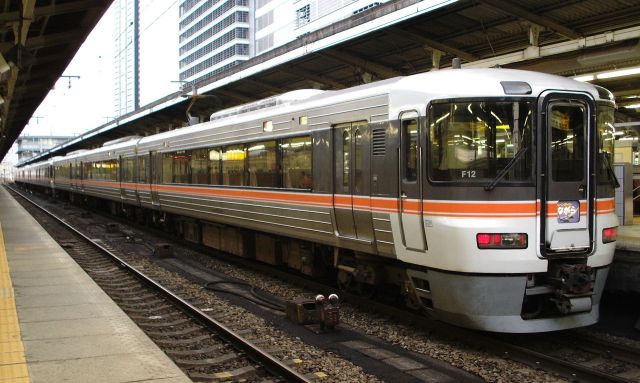
A sad day for travellers, especially Seishun 18 ticket holders.
While Japan’s Shinkansen bullet trains get all the limelight on the international stage, where they’re loved for their punctuality, speed and spick-and-span interiors, there are plenty of other Japanese trains equally deserving of our love and attention.
The Moonlight Nagara is one such train, reliably ferrying passengers across the land on long-haul overnight trips between Tokyo and Gifu, spanning a total of five prefectures and covering a distance of roughly 442 kilometres (275 miles).
▼ The six-hour-40-minute train journey takes around nine hours by car, using expressways.
The current rapid overnight train service, operated by Central Japan Railway Company and East Japan Railway Company, has been active since 1996. However, in recent years its popularity has declined due to competition from cheap overnight bus services, and after its schedule was reduced to busy seasonal periods only, it’s now been announced that the service will stop running altogether.
▼ The 165 series Moonlight Nagara in 2000
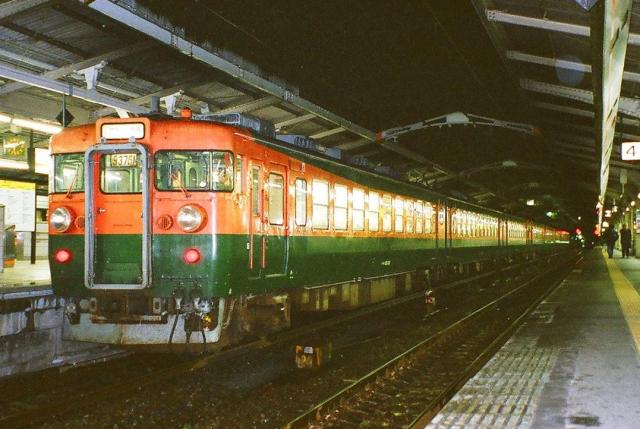
▼ And the 183/189 series in 2007
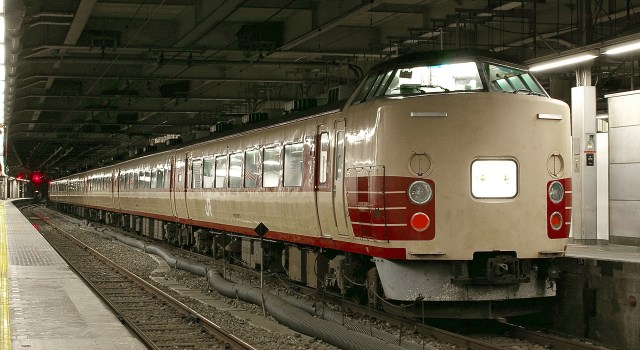
The announcement came as sad news for many, but nobody is feeling the loss more than users of the Seishun 18 Kippu. This discounted ticket package–limited for use during four weeks in winter, five weeks in spring, and around seven weeks in summer–contains five days’ worth of unlimited travel on local and regular Japan Railways express trains for just 2,410 yen (US$23.24) per day.
▼ We once used the ticket to travel with a discount to Korea by ferry.
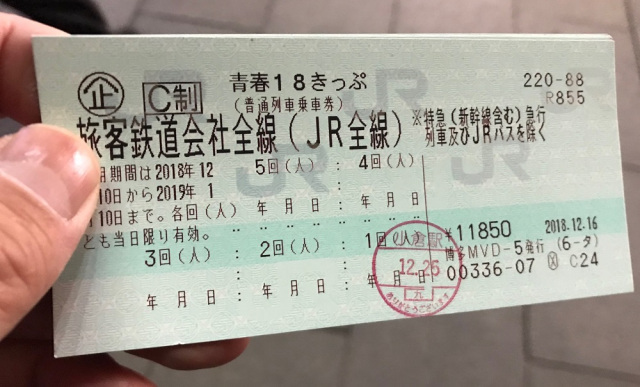
Considering a one-way journey from Tokyo Station to Gifu’s Ogaki Station can cost around 11,660 yen one-way on the Shinkansen, being able to travel the same distance for almost a fifth of the price makes the Seishun Kippu a great deal for both local and international travellers. The only hurdle is having to research local train schedules so you can line up transfers efficiently between stations to cover as much ground during the one-day time limit on the ticket.
And that’s where the Moonlight Nagara steps in, making things easy by covering a large stretch of the mainland without the need for transfers, and doing it at a convenient time for travellers too. Departing Tokyo Station at 11:10 p.m. and arriving at Ogaki Station in Gifu Prefecture at 5:50 a.m.–or in the reverse direction, departing Ogaki Station at 10:48 p.m. and arriving in Tokyo at 5:05 a.m.–allows for travellers to hop on the train after a day of sightseeing and step out again with another full day of sightseeing ahead of them, while saving on the cost of overnight accommodation as well.
Since 2009, the Moonlight Nagara has been running during the same seasonal periods the Seishun 18 Kippu tickets were valid for, but the service has been off the rails since last spring due to the drop in tourists brought about by the pandemic. Rail operators say the drop in passengers using the overnight train, and the ageing vehicles on the line, led to their decision to permanently suspend the service.
▼ The current 185 series train will therefore retire from regular operations without a ceremonial final run, which is disappointing news for rail enthusiasts.
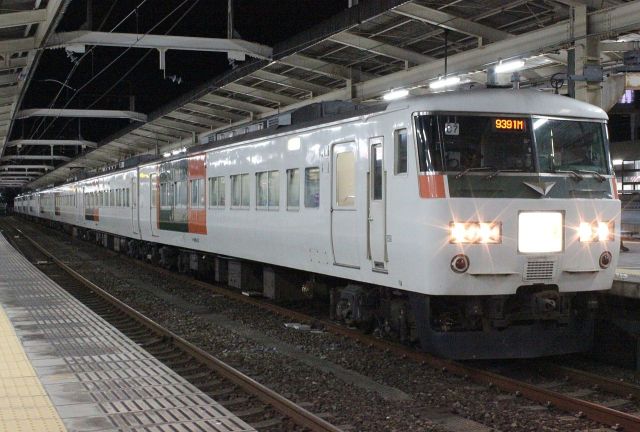
People in Japan shared fond memories of the train online, with comments like:
“I used to love riding the Moonlight Nagara! A symbol of my youth!”
“I always rode this train with the Seishun 18 Kippu. Such a convenient service.”
“I loved riding this route when I was a high school student and didn’t mind sleeping in a seat. I feel sorry for the students who won’t get to enjoy that same sense of adventure.”
“It seems apt for it to fade away into the night. Thank you very much for the moonlight!”
“I couldn’t have travelled to Comiket in Tokyo without this train. Thank you for your hard work!”
The train’s permanent suspension marks the end of the line for the beautifully named Moonlight branding as well. However, where one train door closes another opens, and if you have a bit more money to spare, you can always hop on one of the country’s sleeper trains for a luxury overnight experience.
Sources: Traffic News via Hachima Kikou
Top image: Wikipedia/Rsa
Insert images: Wikipedia/まも, Wikipedia/Takasunrise0921, Wikipedia/Rsa
● Want to hear about SoraNews24’s latest articles as soon as they’re published? Follow us on Facebook and Twitter!

No hay comentarios:
Publicar un comentario